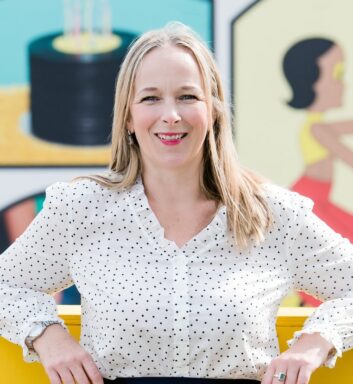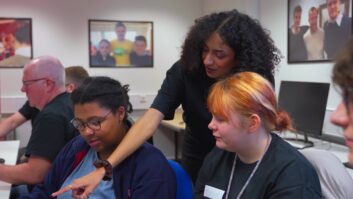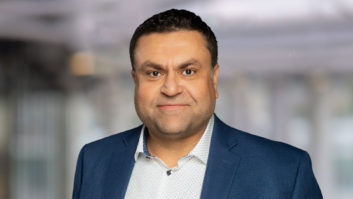 Lord Baker informed me in summer 2022 that the eight secondary school subjects announced by the government 100 years ago are the same eight subjects still being taught today. I often reflect that our education system is not fit for purpose, and this reinforced my thinking.
Lord Baker informed me in summer 2022 that the eight secondary school subjects announced by the government 100 years ago are the same eight subjects still being taught today. I often reflect that our education system is not fit for purpose, and this reinforced my thinking.
Schools and teachers are under such continuous and enormous pressure – the RAAC situation just being a small example of the various factors that must be juggled on a daily basis – that it is no wonder they often struggle to think beyond focusing on curriculum delivery. Managing exams, grades, behaviour, and truancy (all exacerbated by Covid) means that embedding careers advice and providing exposure to the ever-growing choice of job roles is often far down the list.
Simultaneously, the broadcasting industry is facing a skills crisis across multiple roles, and we continue to suffer from a lack of diversity; yet we still question why things are not aligned and the issues remain.
I have seen firsthand over the last four years how teachers often work in run-down conditions, where children aim to just get through school. Many are not remotely thinking about a career in the media industry or any form of post-18 education pathway. Even if they are (and evidence suggests that many young people would consider a job in the industry), the route to getting into the sector seems over the rainbow and very far away. The social and economic barriers and systemic environments that exist are too strong and ingrained for them to even consider that a media career is possible. I believe we have a duty and responsibility as an industry to reach these young people and to inspire them about this dynamic sector. We cannot rely on individual teachers or schools to solve our issues – there is brilliant and diverse talent out there, we just need to go out and find it. And, critically, invest and support it.
We need to be much clearer about the pathways into the industry. If you were advising an 18-year-old today, what would you tell them to study? Where would you tell them to go? A degree, a diploma, a BTEC (which are due to be cut next year)? The forthcoming T-Levels (if the government doesn’t cancel or postpone these again)? What about if they wanted to enter the industry at 18; can they? Which companies accept 18-year-olds? There is such a lack of clarity it’s no surprise that teachers, parents, and young people struggle to navigate the path to a career in media.
- Read the October/November edition of TVBEurope
- Drivers of change: The future of the industry
- Drivers of change: Diversity
That’s why I set up the Media Careers Podcast; to inspire and inform educators and students about the breadth of roles across the industry. With 55 per cent of 12- to 34-year-olds listening to podcasts on a monthly basis, the podcast focuses on industry professionals’ education and routes into the industry and hopefully allows young people to hear themselves reflected in some of these stories. Whether that’s Sean Williams discussing his dyslexia and how it has enabled his career development or Hope Primus discussing her 24/7 commitment to getting a role in the industry. In addition to this, included in the show notes are direct LinkedIn connections to the speakers, which means teachers can reach out to ask the guests to visit their school, and young people and those interested in working in the industry, can find out about internship opportunities. There are also details of other organisations and educational institutions that can provide further support. Hopefully, breaking down barriers and the long-held belief that ‘it’s not what you know, but who you know’.
Finally, there are also lesson suggestions for teachers to use in the classroom as a follow-up to the podcast, building on the information shared within each episode, for example, ‘practice timing a script or writing a recording a 3 minute video of yourself showcasing your skills and talents that an employer might be interested in.’
Collectively we still have so much more to do to ensure we have a diverse workforce and to see the skills crisis addressed; the Media Careers Podcast hopes to help in a small way, and we welcome hearing from industry organisations interested in getting involved or supporting the podcast as we expand our work into live events and internationally.







